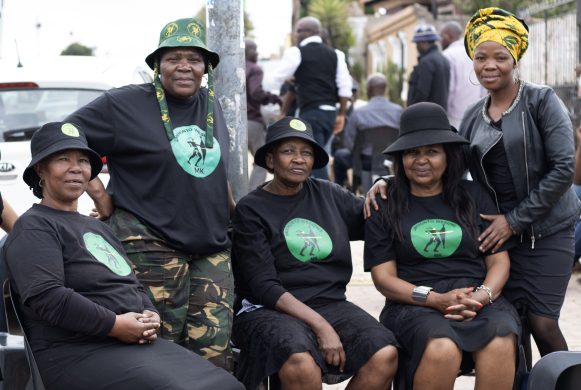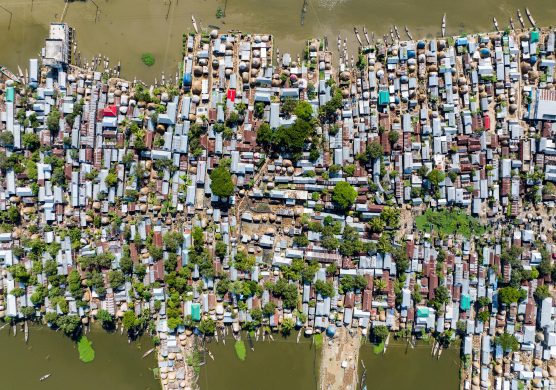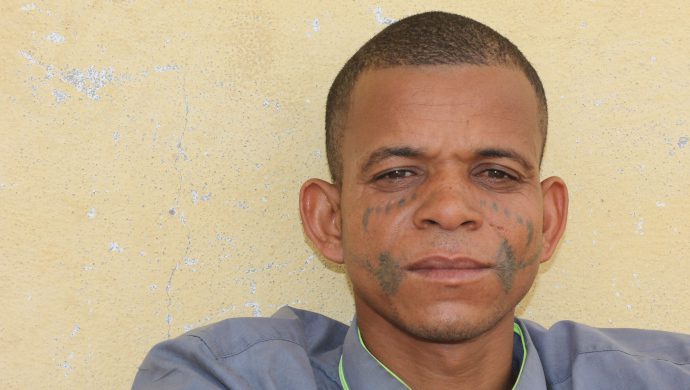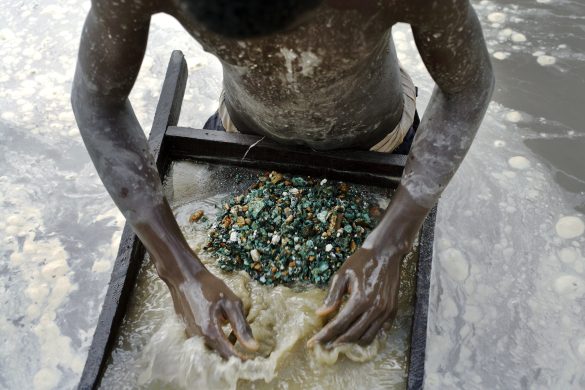ITUC (International Trade Union Confederation) og ASI (Anti Slavery International) går sammen i kampen om at komme moderne slaveri og trafficking af arbejdere til livs i Europa.
ITUC har netop udgivet ”Never Work Alone” en håndbog for fagforeninger og NGOer i bekæmpelse af moderne slaveri.
BRUSSELS, 16 March 2011: Extreme exploitation of migrant workers is a dire trend throughout Europe. The International Trade Union Confederation (ITUC) is releasing Never Work Alone – a guide for trade unions and other civil society organisations to jointly combat modern-day slavery and trafficking of workers.
The report is the result of a two-year project in which trade unions and NGOs have looked into each other’s actions and approaches to combat slavery and labour trafficking.
It examines different approaches and shows four major common grounds for action, each of them documented with a series of best practices.
The report explains the real potential for unions and NGOs to improve their combined outreach, to intervene together in individual or collective cases and to organize joint campaigns, training and other activities.
Progress is already being made in building cooperation with unions and NGOs active in the area of forced labour who are addressing the trafficking issue and providing direct assistance to victims.
“The cooperation between the ITUC and Anti-Slavery International is starting now to obtain significant results in Europe. This type of cooperation needs to extend into other regions as well,” said Sharan Burrow, ITUC general secretary.
“This is all the more important given the impact that the economic crisis is having on working people and their families. Alarming reports of abuse of migrants from all parts of the world, working in conditions of forced labour, remind us of the urgency of this fight,” she added.
Today, millions of people are still subjected to modern forms of forced labour. The ITUC Congress in Vancouver last year highlighted that urgent efforts are needed “to eradicate the growth of trafficking and other abuses linked to globalisation, which subject the most vulnerable of the world’s workers to the cruellest and most extreme form of abuse”.














